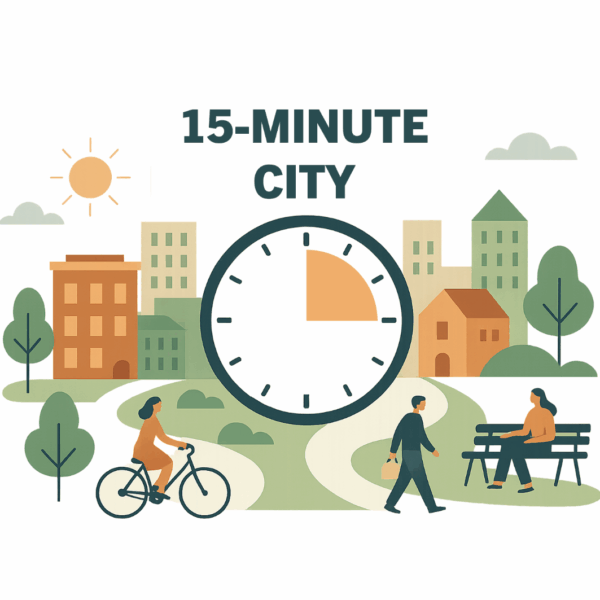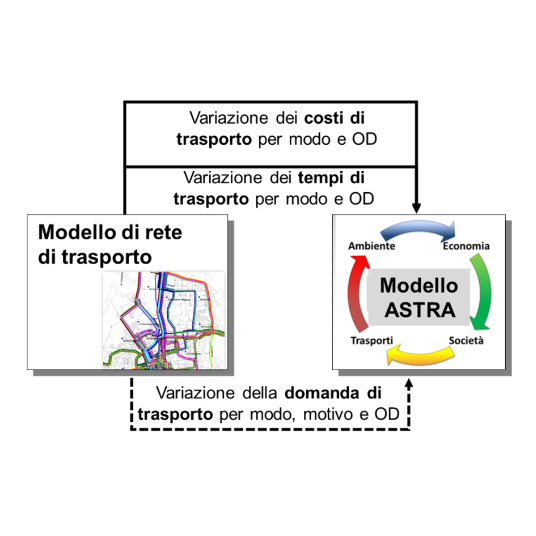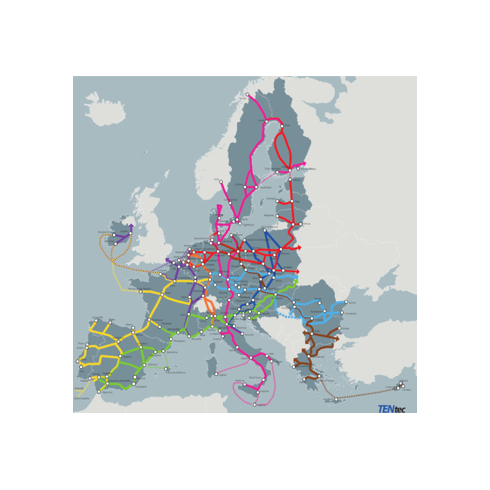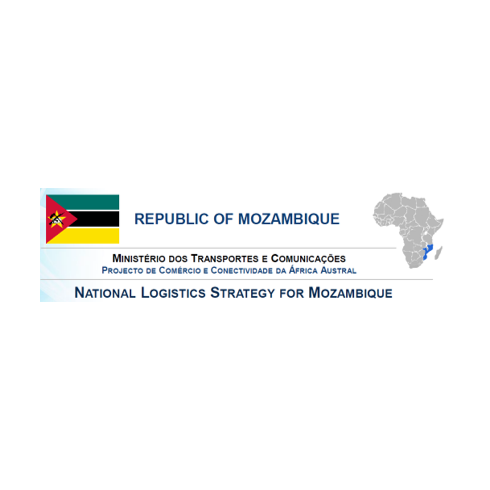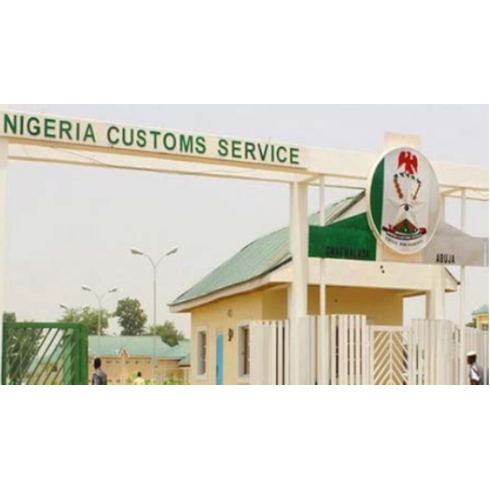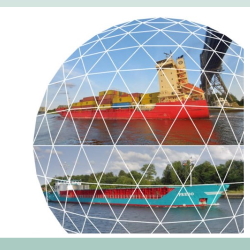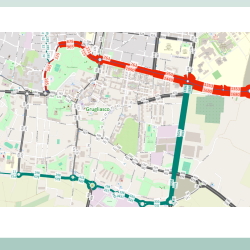- All
- African projects
- assessment
- assessment selected projects
- Assessment selected projects 2
- Assessment selected projects 3
- Assessment selected projects 4
- ASTRA
- Cost Benefit Analysis
- Electric mobility and ITS
- MOMOS
- planning
- planning selected projects
- planning selected projects 2
- planning selected projects 3
- planning selected projects 4
- planning selected projects 5
- projects
- Railways projects
- research
- research selected projects
- research selected projects 2
- research selected projects 3
- studies
- studies selected projects 1
- studies selected projects 2
- studies selected projects 3
- studies selected projects 4
- studies selected projects 5
- TRTingegneria
- TRUST
- urban mobility
- UVAR4US – Using Urban Vehicle Access Regulations for Reshaping Urban Space The UVAR4US project, coordinated by RiSE (Research Institutes of Sweden) with TRT among its partners, is funded under the Driving Urban Transitions (DUT) partnership within the Horizon Europe programme. The project explores how Urban Vehicle Access Regulations (UVARs) can help create cleaner, more liveable, and people-friendly cities in line with the 15-minute city vision — where daily needs are within a short walk or cycle. UVAR4US studies how access regulations affect mobility, the use of public space, and car dependency. By breaking UVARs down into key “building blocks”, the project identifies how different approaches can be combined to fit local urban contexts and community preferences. An open knowledge base will share examples of existing UVARs and their impact on mobility and urban life. A participation framework will highlight how citizen involvement and transparent decision-making contribute to successful policies. These resources will feed into the UVAR4US Toolkit — a practical set of tools to help cities design and evaluate UVAR strategies that support the 15-minute City model. Four Living Lab cities, each preparing to implement new access regulations, will test and refine the project’s tools and methods in real-life conditions. Why it matters Cities across Europe struggle with congestion, air pollution, and limited public space. UVAR4US aims to show how smarter vehicle access management can reduce car dependency, encourage walking, cycling, and public transport, and improve overall urban quality of life. Participating countries Belgium, Germany, Greece, Italy, Spain, Sweden. Funded project partners Cluster Viooikonomias Kai Perivallontos Dytikis Makedonias, Helsingborgs kommun, Living Prospects Ypiresies Anaptyxis & Perivallontos Etaireia Periorismenis Efthynis, Rupprecht Consult-forschung & Beratung GmbH, TRT Trasporti E Territorio Srl, Universiteit Gent
- ASTRA-ЕС model update and improved interaction with multimodal network assignment tools ASTRA is an integrated strategic model employed for policy assessment in the transport and energy field. The model is based on the System Dynamics approach and built in Vensim; it simulates the interaction between the transportation system and the environmental and economy modules. It is developed by TRT and used for several years by the Joint Research Center of the European Commission. TRT supported the use of ASTRA by JRC in two studies: http://www.astra-model.eu/
- Identifying the untapped potential of completing key aspects of the Single European Transport Area (SETA) and of extending it to candidate countries Transport is a central pillar of European integration and a key pre-condition for the European Single Market. Access to seamless and efficient transport services and infrastructure across Europe is key to the functioning of the EU common market, affecting the free movement of people, goods, and services. The objective of the study is to provide a systematic analysis of the existing regulatory and non-regulatory barriers – as well as missing elements – that hamper the creation of the SETA and the completion of the Internal Market for the transport of goods and passengers and understand the economic impact of such barriers and missing elements. The study will use carefully selected case studies, to illustrate, with a combination of quantitative and qualitative analysis: TRT is the project coordinator of a 4-partner (Ricardo, M-FIVE, and TEPR) consortium, responsible for all activities of the studies, and main contact with DG MOVE
- Exploratory study for the new proposal addressing market challenges for the development of Multimodal Digital Mobility Services and the Single Digital Booking And Ticketing Regulation The main objective of the study is to support the development of the European Commission’s proposals for two parallel and complementary regulations: The focus of the study is on medium-long distance passenger trips, above 50 km. The activities will include at first the market analysis on the two aspects covered by the study. On the MDMS demand side, existing and potential demand for the use of MDMS services will be explored, while on the supply side, the presence, practical availability and accessibility of options across the EU will be assessed through the analysis of 100 representative routes. Passenger transport services and online passenger ticketing will be analysed for different modes of transport: air passenger transport (including Norway), rail passenger transport, bus and coach transport and maritime transport. Based on the analysis, the study will also define different policy options and support the assessment of the related impacts through the application of a modelling framework consisting of 6 modules, including the strategic ASTRA model. Impacts on passenger choice and resulting modal shifts will be estimated together with the resulting environmental, economic and social indicators by Member State and in 5 year steps up to 2050. The Consortium is lead by RICARDO, including TRT, TIS and TEPR. TRT contributes to the project as it comes to:
- The National Logistics Strategy for Mozambique was committed to a consortium coordinated by IdeaConsult and involving TRT and EEPLAN (a company located in Mozambique). The main objectives of the assignment are: The assignment will be carried out in four stages according to the following:
- Support for studies and research on demand and supply of taxi services in the Lombardy airports area The study consists of an analysis of the demand and supply of taxi services in the Lombardy Airport Basin. The overall objective of the study is to contribute to the definition of the appropriate level of taxi service in the Basin and the consequent determination of the number of licences required to provide this service. The study consists of several activities.The first activity is a sector study aimed at reconstructing elements regarding the supply context (mainly the regulatory framework) and potential demand for mobility in relation to taxi services. The second, and main, activity is a sample survey of Stated Preference to analyse the importance of several variables inherent to the taxi service and competition with alternative modes. The survey is conducted by means of a web-based questionnaire (CAWI) on a sample of 850 residents in Lombardy and 250 residents in other regions. For each respondent, the questionnaire includes some introductory questions and two different Stated Preferences exercises. The third activity is a fieldwork analysis of the interaction between demand and supply of services at a sample of taxi parking areas. The purpose of the survey, repeated annually for the three years of the study, is to analyse the main dynamics related to car parking times, customer waiting times, average number of customers per ride and other elements. The fourth activity consists of setting up a monitoring system for the taxi service. This includes the definition of a list of indicators and procedures for their quantification (data collection and processing) TRT develops all the activities of the study, except for the operational execution of the surveys, which is taken care of by companies identified directly by Polis. However, TRT takes care of the definition of the survey instruments (questionnaire) and the sample.
- Trade and Transport Facilitation Study on the Abidjan-Lagos Corridor Highway Development Project The core of the study, committed to TRT and IdeaConsult, is the analysis of the current process of border crossing by both passengers and freight within Cote d’Ivoire, Ghana, Togo, Benin and Nigeria. This analysis aims to identify any bottlenecks, whether they are legal, regulatory, or related to physical infrastructure, that complicate the crossing. The study then will propose measures at both national and regional levels that would significantly improve the current crossing systems in terms of both time and cost for passengers and goods crossing one or more borders along the corridor. TRT team will provide its expertise for tasks related to ICT, logistics, and transportation, through the involvement of selected key experts. The work includes organising on-site meetings, collecting data for the reconstruction of the state of the art in the fields of ICT, logistics, and transportation in the corridor and in the countries concerned. TRT team is responsible for drafting reports on ICT, logistics, and transportation themes and for presenting the results and content of the reports.
- Study on short-sea shipping’s contribution to the European transport network and the means to support and revitalise the sector A consortium led by Ecorys and consisting of TRT and CERTH-HIT has been appointed by the EC DG MOVE to conduct a study on short-sea shipping’s (SSS) contribution to the European transport network and the means to support and revitalise the sector. The SSS is seen as one of the transport modes that can contribute to achieving the goals as laid down in the European Green Deal, such as cut EU’s GHG emissions by at least 55% in 2030 and to become climate neutral in 2050. The study aims at assessing the contribution of SSS to the EU’s transport network and identifying the potential and challenges affecting its growth in the EU. Three main objectives are defined to achieve the aforementioned aim: to analyse the state of play of EU shipping and SSS, assessing the current role that SSS plays in the European transport network; to provide an analysis of the projected evolution of SSS in the EU at a regional, national and local level, and to analyse the main factors affecting the development and evolution of SSS in the EU; to develop and propose, in conjunction with the relevant stakeholders, policy recommendations and directions based on the results of the analysis carried out, identifying the means to support and revitalise the sector. The objectives will be achieved through sequential performing of four main tasks: desk research (task A), stakeholder consultations (task B), policy recommendations (task C) and dissemination (task D). Tasks A and B represent backward- and forward-looking exercises respectively aimed at understanding the historical development of the SSS sector and its evolution in the future. Concrete policy recommendations will be created through case study analysis and roundtable. These 3 tasks are developed in a way to address 33 information needs according to the terms of reference. The study will finish with dissemination exercise. The study activities will be performed analysing the sector from different dimensions: 1. Market, 2. Multi-modality, 3. Business, 4. Fleet, 5. Policy, funding and financing and 6. Neighbouring and third countries. TRT will lead the desk research phase and is responsible for dimensions 1. Market and 6. Neighbouring and third countries.
- Traffic models to support mobility analysis and the Grugliasco General Urban Traffic Plan Zona Ovest di Torino is a company whose goal is to carry out activities aimed at the social and economic development of the western area of Turin, through the realisation of services, projects and public financing initiatives with a wide area approach. Entrusted with the task of drafting the General Urban Traffic Plan of Grugliasco, Zona Ovest di Torino has chosen TRT for the development of the modelling tool necessary for the evaluation of the urban transformations underway and the Plan scenarios. The model will be developed in an open source environment using the SUMO software, exploiting its ductility and broad calculation capacity by extending the coverage of the study area to all the city’s road axes. This approach is innovative both from the point of view of the software used and the scale of the model with microscopic characteristics, usually applied to smaller areas. The model thus configured will be used to evaluate the different plan scenarios that will be envisaged by the General Urban Traffic Plan, in order to compare them and allow an overall assessment of the impact of the simulated measures.In preparation for the micro-simulation model, a second macro-scale model has been developed, on a municipal scale, covering the city’s main road axes.

